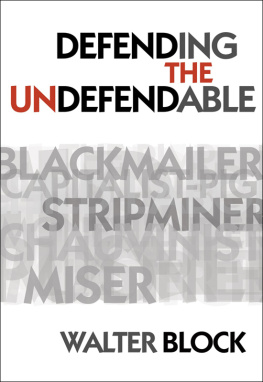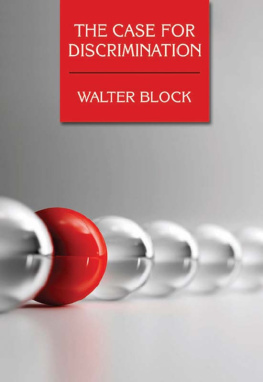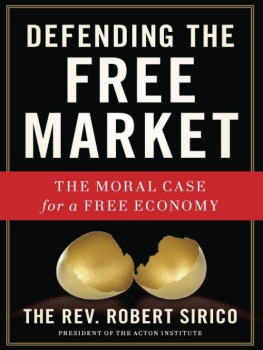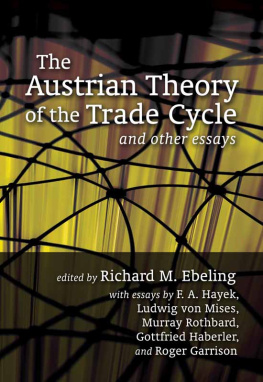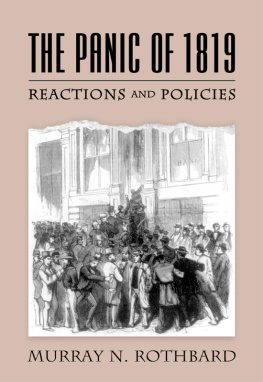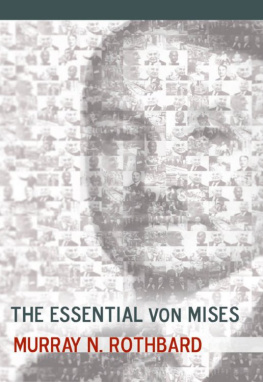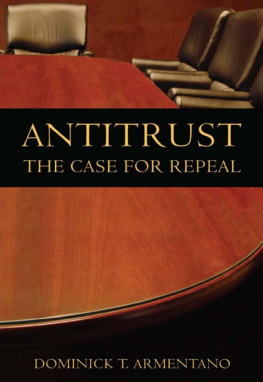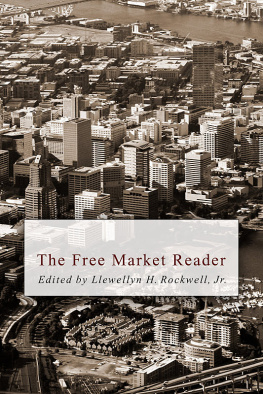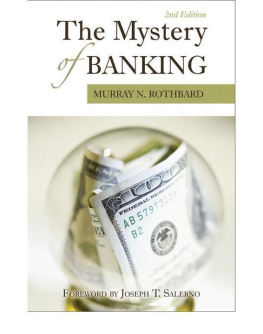Defending
the
Undefendable
Defending
the
Undefendable
The Pimp, Prostitute, Scab, Slumlord, Libeler,
Moneylender, and Other Scapegoats in the
Rogues Gallery of American Society
Walter Block

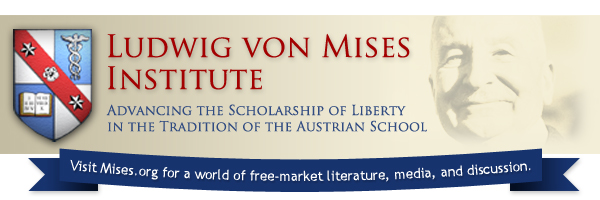
Copyright 2008 Ludwig von Mises Institute
Copyright 1991 Fox and Wilkes
Copyright 1976 by Fleet Press Corporation
All rights reserved. Written permission must be secured from the publisher to use or reproduce any part of this book, except for brief quotations in critical reviews or articles.
Published by the Ludwig von Mises Institute, 518 West Magnolia Avenue, Auburn, Alabama 36832. Mises.org.
ISBN: 978-1-933550-17-6
This book is dedicated to those who have taught me political economy and inspired me with a passion for justice:
Nathaniel Branden
Walter E. Grinder
Henry Hazlitt
Benjamin Klein
Ayn Rand
Jerry Woloz
and especially Murray N. Rothbard
CONTENTS
FOREWORD
F or many years, free-market economists have shown how market activities benefit the often heedless public. Ever since the days of Adam Smith, they have shown how producers and businessmen, generally motivated solely by personal gain, unwittingly confer enormous benefits on the general public. By seeking to maximize their profits and minimize losses, for example, businessmen are driven to satisfy the most urgent demands of the consumers in the most efficient way. Economists have long shown these truths in the abstract; and in recent years they have added to our knowledge by illustrating in case after case, in the concrete, the superiority and efficiency of private operation. But the inquiries of economists have been confined, with sober pedantry, to the respectable" industries: to such activities as agriculture, natural gas, housing, airways, and so forth. Until this book, no economist has had the courage of Professor Walter Block in tackling head-on the moral and economic status of the dozens of reviled, scorned, and grievously misunderstood professions and occupations in our society: those whom he rightly calls the economic scapegoats." Fearlessly, and with logic and trenchant wit, Professor Block rehabilitates and demonstrates the considerable economic merits of such scapegoat occupations as the pimp, the blackmailer, and the slumlord. In this way, in addition to redeeming the stature of these much reviled occupations, Defending the Undefendable performs the service of highlighting, in the fullest and starkest terms, the essential nature of the productive services performed by all people in the free market. By taking the most extreme examples and showing how the Smithian principles work even in these cases, the book does far more to demonstrate the workability and morality of the free market than a dozen sober tomes on more respectable industries and activities. By testing and proving the extreme cases, he all the more illustrates and vindicates the theory.
These case studies also have considerable shock value. By relentlessly taking up one extreme case after another that is generally guaranteed to shock the sensibilities of the reader, Professor Block forces the reader to think, to rethink his initial knee-jerk emotional responses, and to gain a new and far sounder appreciation of economic theory and of the virtues and operations of the free-market economy. Even many readers who now think they believe in a free market must now be prepared to grasp fully the logical implications of a belief in a free economy. This book will be an exciting and shocking adventure for most readers, even for those who believe that they are already converted to the merits of the free-market economy.
All right, some readers might concede, we grant that these people are performing valuable economic services. But why, for heavens sake, call them heroes? Why is the pimp or the medical quack any more heroic, and therefore in a sense more moral, than other, more respectable producers: the grocers, clothiers, steel manufacturers, etc.? The explanation is precisely wrapped up in the extreme lack of respectability of Professor Blocks scapegoats. For the grocer, the steel producer, and the others are generally allowed to go about their business unmolested, and indeed earn respect and prestige from the fellow members of the community. Not so these scapegoats; for not only are their economic services unrecognized, but they face the universal bile, scorn, and wrath of virtually every member of society, plus the additional restrictions and prohibitions that governments have almost universally placed upon their activities. Scorned and condemned unmercifully by society and state alike, social outcasts and state-proclaimed outlaws, Professor Blocks collection of scapegoats go about their business nevertheless; heroically proceeding to confer their economic services in the teeth of universal scorn and outlawry. They are heroes indeed, made so by their unjust treatment at the hands of society and of the state apparatus.
Heroes yes, but not necessarily saints. When the author confers the moral stature of hero on the scab, the usurer, the pimp, and so on, he does not mean to imply that these activities are intrinsically more moral than any other. In a free market, and in a society that treats the usurer, slumlord, and sweat shop employer in precisely the same just way as it treats other occupations, they would no longer be heroes, and they would certainly be no more moral than anyone else. Their heroic status, for Professor Block, is solely a function of the unjust restrictions that other men have been placing upon them. It is the happy paradox of this book that if its implicit advice is followed, and the men and women described in these pages are no longer treated to scorn and legal coercion, then and only then will they no longer be heroes. If you dont like the idea of a usurer or a slumlord being a hero, then the only way to deprive him of this stature is to remove the shackles that misguided people have placed upon him.
Murray N. Rothbard
COMMENTARY
L ooking through Defending the Undefendable made me feel that I was once more exposed to the shock therapy by which, more than fifty years ago, the late Ludwig von Mises converted me to a consistent free market position. Even now I am occasionally at first incredulous and feel that this is going too far, but usually find in the end that you are right. Some may find it too strong a medicine, but it will still do them good even if they hate it. A real understanding of economics demands that one disabuses oneself of many dear prejudices and illusions. Popular fallacies in economics frequently express themselves in unfounded prejudices against other occupations, and in showing the falsity of these stereotypes you are doing a real service, although you will not make yourself more popular with the majority.
F.A. von Hayek, Nobel Laureate
Institut for Nationalkonomie
Universitt Salzburg
INTRODUCTION
T he people presented in this book are generally considered villainous, and the functions they perform, harmful. Sometimes society itself is damned because it spawns such reprehensible characters. However, the thrust of this book will concentrate on the following propositions:
1. they are guilty of no wrongdoing of a violent nature;
2. in virtually every case, they actually benefit society;
3. if we prohibit their activities, we do so at our own loss.
Next page
